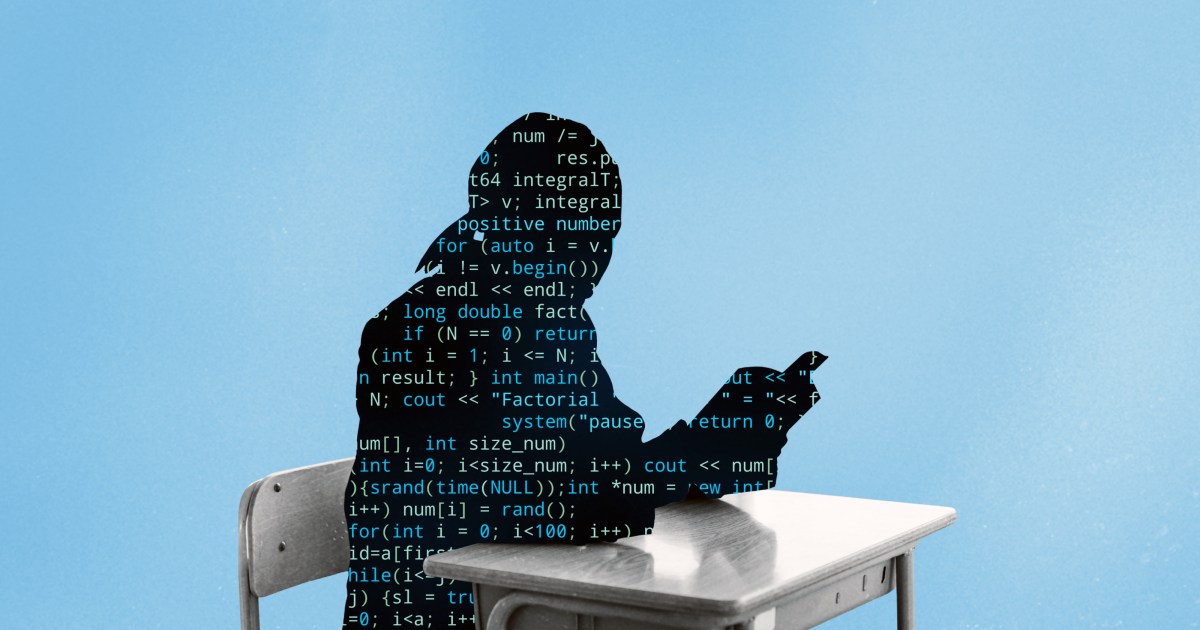ChatGPT answers physics questions like a confused C student
The first thing you’ll notice when you ask ChatGPT a question is how smart and knowledgeable its answer sounds. It identifies the proper topic, speaks in intelligible sentences, and employs the expert tone of an educated human. The million-dollar question is: Does the AI give correct answers?
While ChatGPT (or any other chatbot) is obviously not sentient, its output is reminiscent of a person in certain ways. That’s not surprising, given that it mimics human language patterns. I’ve described ChatGPT as a parrot watching a million years of soap operas. The AI is very good at stringing together sentences simply because it has seen so many of them — it just doesn’t understand them.
Continued here